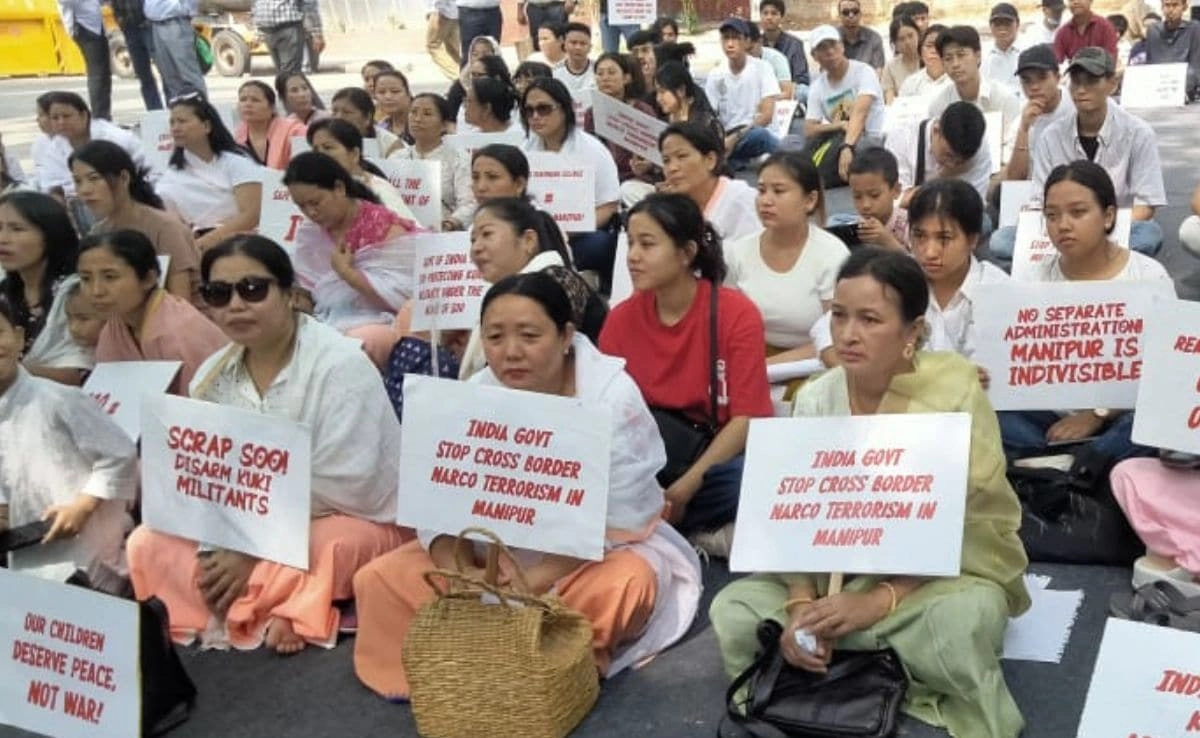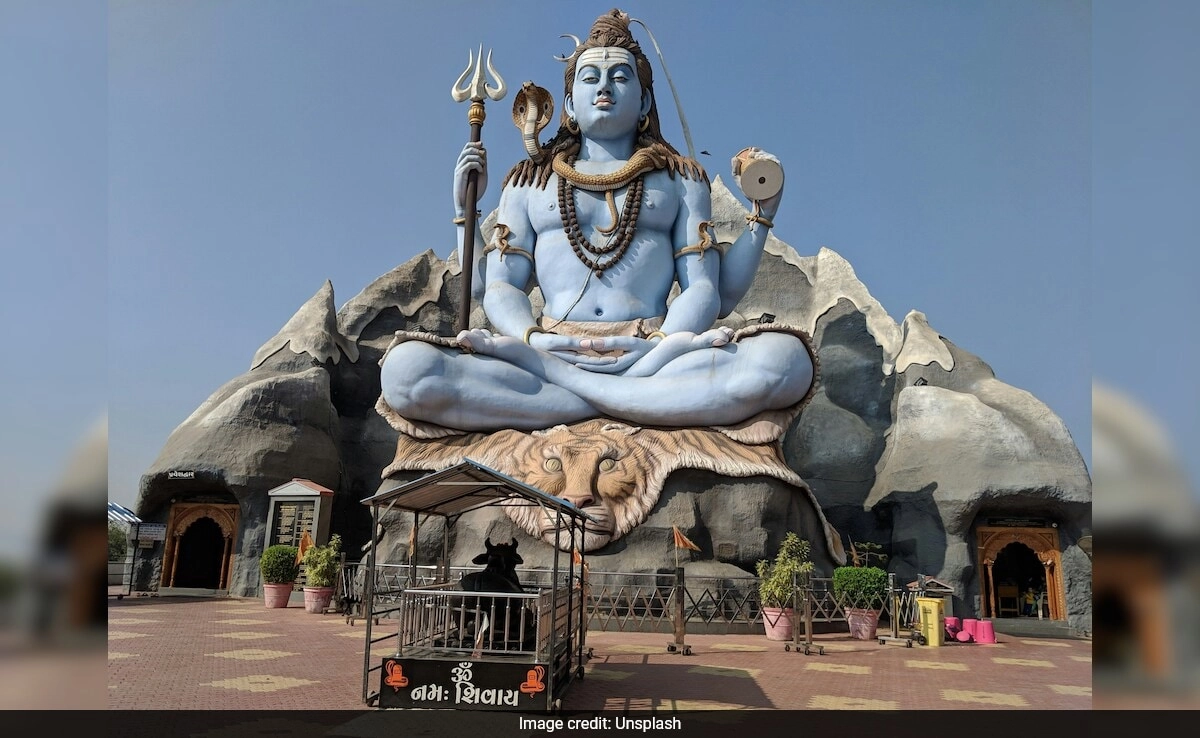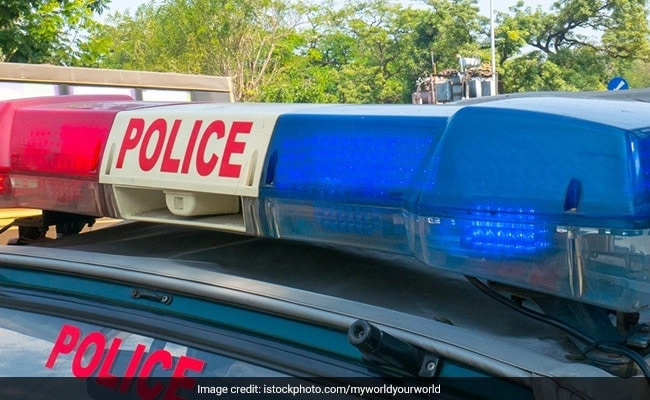Two years have passed since the onset of ethnic violence in Manipur, a northeastern state in India, leading to significant unrest and turmoil. The conflict primarily involves two major ethnic groups: the Kuki and the Meitei. In commemorating this somber anniversary, both communities have engaged in protests to voice their grievances and demand justice for the violence they have endured. The protests serve not only as a remembrance of the lives lost and the pain experienced but also as a call for acknowledgment and resolution of the underlying tensions that have fueled this conflict.
The Kuki and Meitei groups have different historical narratives and political aspirations, which have contributed to the deep-seated animosities between them. The Kuki community, predominantly Christian, feels marginalized and seeks recognition of their rights, particularly in terms of land and political representation. In contrast, the Meitei, who are mainly Hindu and constitute a majority in the state, strive for greater autonomy and security in their cultural identity. This dichotomy has led to escalating violence, displacing thousands and resulting in numerous casualties over the past two years. The anniversary of this violence has thus become a poignant reminder of the urgent need for dialogue and reconciliation between the two groups.
The protests have garnered attention not only within Manipur but also from national and international observers, highlighting the complexity of ethnic relations in the region. Activists and leaders from both communities have taken to the streets, expressing their frustrations over governmental responses and the perceived lack of accountability for acts of violence. They are calling for a thorough investigation into the incidents that have occurred and are demanding measures that would promote peace and coexistence. Community leaders emphasize the importance of healing and understanding, urging both groups to come together to forge a path forward that respects the rights and identities of all Manipur’s residents.
As the protests unfold, there is a growing recognition that lasting peace in Manipur will require not only political solutions but also grassroots efforts aimed at fostering mutual respect and understanding. Educational initiatives, community dialogues, and collaborative projects could help bridge the divide between the Kuki and Meitei people, allowing for a shared vision of the future. The two-year anniversary of the violence marks not just a moment of remembrance but also an opportunity for reflection and a renewed commitment to building a more inclusive and peaceful society in Manipur. The road ahead may be challenging, but the collective voices of the Kuki and Meitei communities may ultimately pave the way for a more harmonious coexistence.




